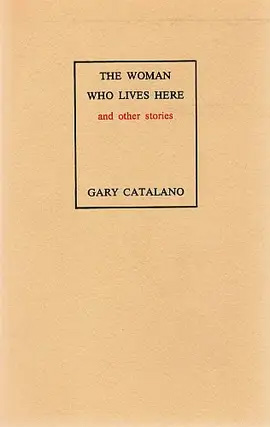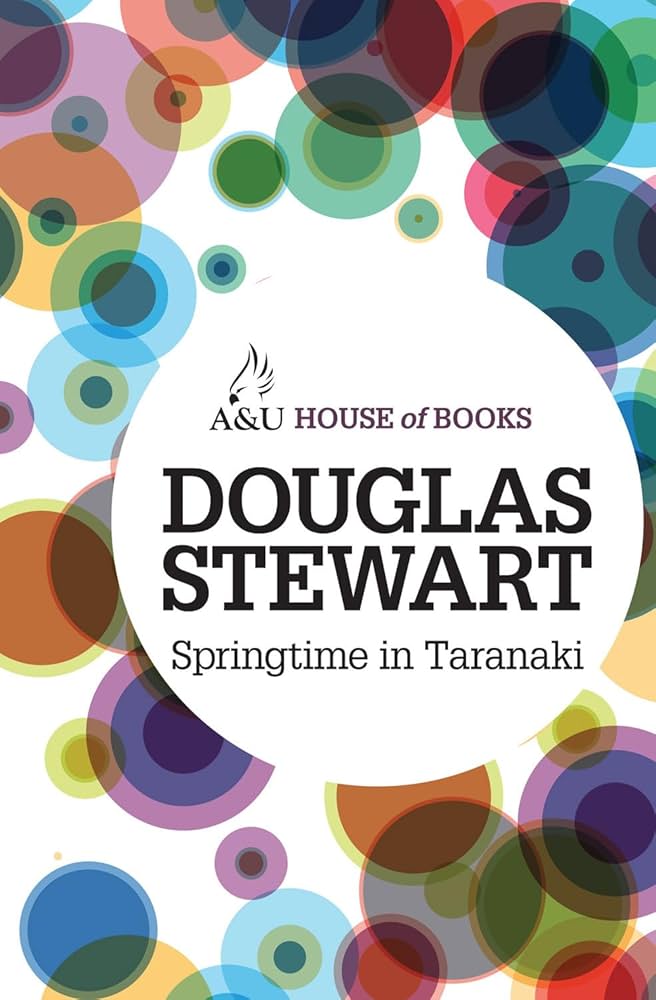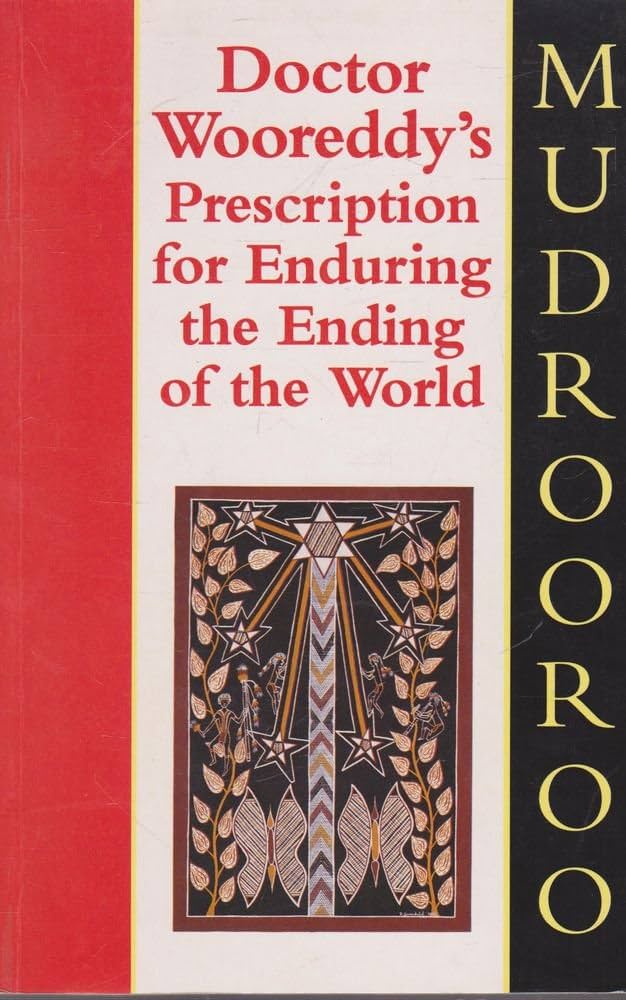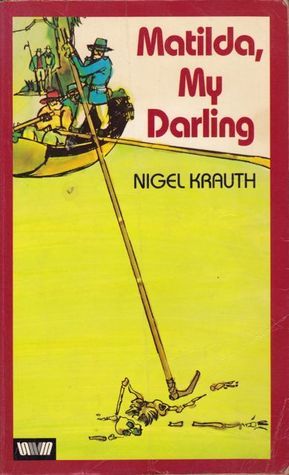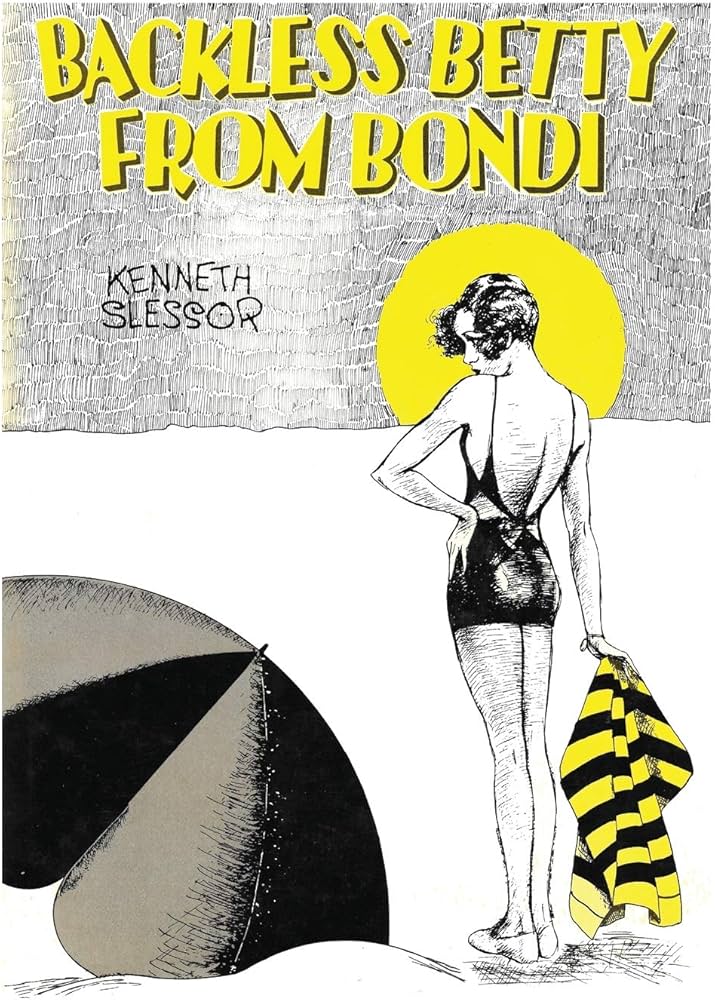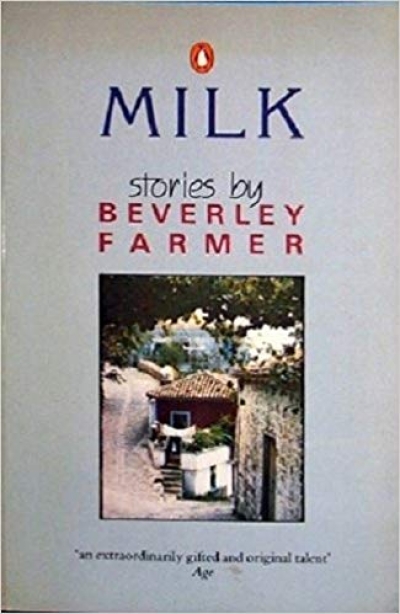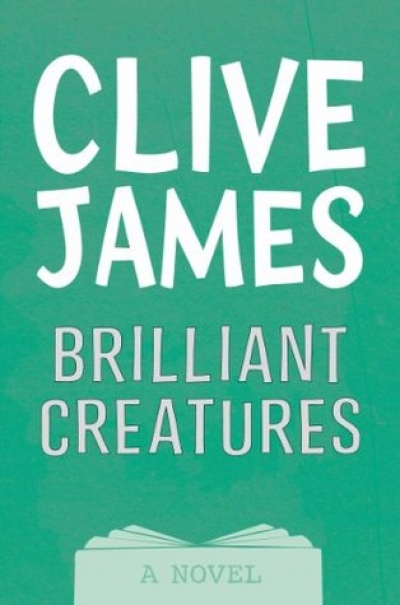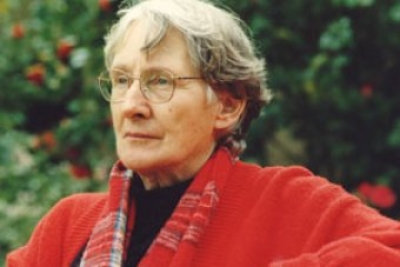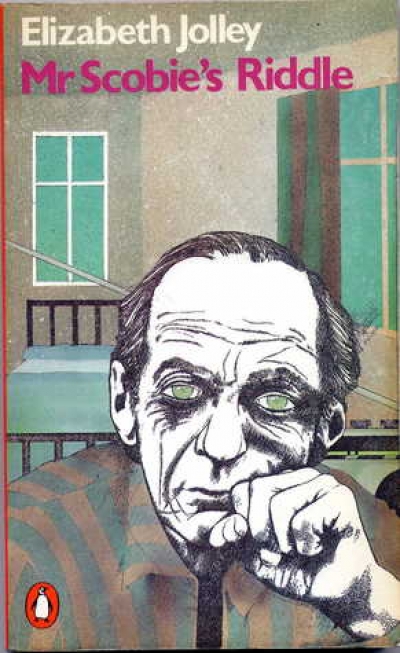Fiction
The Woman Who Lives Here and Other Stories by Gary Catalano & Point of View by Joan Woodberry
Gary Catalano is perhaps better known for his poetry and art-criticism rather than as a writer of short fiction. The Woman Who Lives Here, a book which contains five short stories and sixteen ‘Sketches’, will do little to alter this. For though the writing is stylistically unexceptionable, Catalano's material is perilously thin, lacking in dramatic situation, intellectual vigour and point. Of the five stories which comprise the opening section of the book, four deal with those ubiquitous themes of ‘modernism’: alienation and absence. Given the by now long and rich literary heritage which concerns itself with these concepts it is hardly surprising to find that Catalano's various formal devices rely heavily on earlier models. Techniques of discontinuity, fragmentary notes and deliberate concealments are variously used in these stories giving them an air of unresolved mystery and sometimes menace. But unlike the pioneers in such forms Catalano seems to be experimenting for experimentation's sake; no pressure of feeling informs the writing, leaving the reader with a sense of the writer's ennui, as well as that of his characters.
... (read more)Springtime In Taranaki: An Autobiography of Youth by Douglas Stewart
Douglas Stewart is one of the great all-rounders, perhaps the greatest, of our literature; one recalls that Nancy Keesing once described him as probably t
Foremost as a poet, the subject matter of his poetry is astonishingly wide-ranging from ballads and narrative poems to the most delicate and delightful of nature and love lyrics. He has been a notable and inspiring literary editor; in a period that has now passed into history he so exploited the creative potentialities of radio to communicate culturally that he achieved an international reputation as a verse playwright; and his literary criticism down the years has been consistently respected by his peers.
... (read more)Doctor Wooreddy's Prescription for Enduring the End of the World by Colin Johnson
In Doctor Wooreddy’s Prescription for Enduring the Ending of the World, Colin Johnson presents the invasion of Australia by white men, referred to as ‘nums’ or ‘ghosts’, through the eyes of the Aborigines, ‘humans’. With the central character Wooreddy and his wife Trugernanna, (Truganinni) we witness the annihilation of a race of people, the breakdown of their culture.
... (read more)Nigel Krauth’s first novel is an intriguing blend of fact and fiction – or rather, a reworking of a little known set of factual events. As the novel explains, in 1895 the famous Australian poet ‘Banjo’ Paterson travelled to Queensland to visit his fiancée. Two events of importance occurred during that short period: Paterson’s engagement was broken off, and while there he wrote what was to become his and the nation’s most famous song, ‘Waltzing Matilda’. Paterson always refused to speak of the period in later life so that what exactly happened between himself and Sarah Riley remains unknown and Nigel Krauth feels free to speculate. There are ethical problems, I feel, in the fictional reconstruction of an historical personage and Krauth’s portrait of Paterson, while by no means wholly unsympathetic, is that of a man in many ways vain and narcissistic; certainly, it enraged the poet’s descendants to the point where they refused Krauth permission to quote the words of ‘Waltzing Matilda’ in his novel. Copyright does not run out until 1991 when, presumably, if the novel is still in print Krauth will fill in the blank spaces he has left.
... (read more)We have to thank Julian Croft for this selection of Slessor’s light verse first published in Smith's Weekly between February 1928 and November 1933. Here is a worthy successor to Slessor’s Darlinghurst Nights, until now the only selection of frivolous Slessor available to the general reader. The verses here are no less charming than those of the earlier selection and their omission from Darlinghurst Nights, first published in 1933, seems merely to be based on the fact that they do not fit easily into the theme of that volume. They are certainly no less delightfully capricious in their rhyme schemes and no less artfully artless.
... (read more)Greek and English, the Greek father and Australian mother, the child in the middle who looks at one object and sees different creatures – no catch-phrase like ‘culture conflict’ says much about what is happening in Ismini’s life at this moment. The story does, however, in the strong, unblinkered prose of Beverley Farmer as she writes with unfaltering sensitivity about Greece, about Australians in Greece and Greeks in Australia, and, painfully, about couples and the families who mix their cultures with their love and hate.
... (read more)Brilliant Creatures is not so much a novel – a first novel, as the title page coyly points out – as it is a presentation pack. The text itself is bookended by an introduction at the front, and a set of extensive, very boring notes and index at the back. A set of notes and an index for a novel, a first novel? Yep. Clive James has heard of Nabokov and Pale Fire. He has also, as the four-page introduction makes clear, heard of his ‘illustrious ancestor Henry’: of Gide, Montaigne, Sterne, Peacock, Firbank, Trollope, Joyce, Shakespeare, and Nietzsche.
... (read more)Elizabeth Jolley has been around as a writer for some time. Her work dates back to the late 1950s (she came to Australia from England in 1959) and her stories began appearing in anthologies and journals in the mid1960s, but it was not until 1976 that her first collection, Five Acre Virgin and other stories, was published by the Fremantle Arts Centre Press. Since then, her rate of publication has been phenomenal, and it is perhaps no accident that it coincided with the rise of an indigenous Western Australian Press: three of her first four books were published by the FACP, which, in its few years of existence, has been responsible for the discovery of a remarkable amount of talent.
... (read more)In an authorial note Fay Zwicky describes her collection of stories as thematic rather than chronological.
They are all concerned more or less ironically, with the growth of a writer’s consciousness which may help to account for the varying degrees of stylistic density and the shifts in personae.
The first seven stories, the Helen Freeman sequence, offer a retrospective view of Helen’s struggle to establish a female identity in a world dominated by men and by masculine edicts and rituals. Taking a hint from the introductory note, these stories reflect, in essence, the stages in the author’s personal development from her youthful recollections of her family during and after the Second World War to her marriage and separation. It is arguable whether these stories should be treated as the discontinuous narrative of one life, though they can be read that way. They are not, however, an autobiography.
... (read more)The time is always four o’clock in the morning when Night Sister M. Shady (unregistered) is on duty at The Hospital of St Christopher and St Jude. The punctual milkman is swearing as he falls on the broken step, the elderly patients are having a water fight or an altercation or a game of cards. Whatever may or may not be going on, Mrs Shady will record with confidence ‘nothing abnormal to report’.
... (read more)

